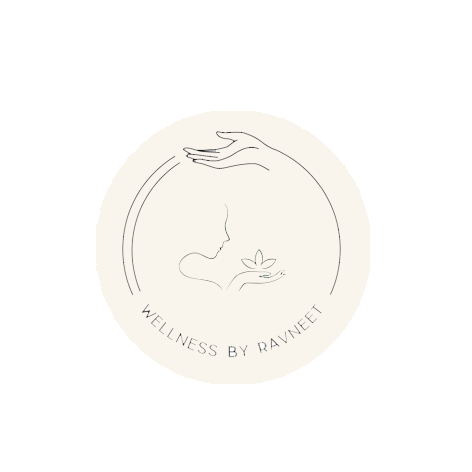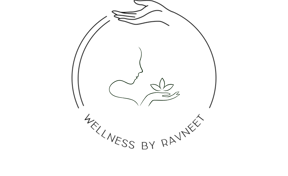
WHAT TO EXPECT IN THERAPY ?
Wondering what happens in therapy sessions? Learn what to expect when seeing a psychologist or therapist for the first time, how to prepare, and how to find the right therapist near you for anxiety, trauma, relationships, or emotional healing.
THERAPY SESSIONS
9/14/20231 min read
Starting therapy can feel uncertain. Here's a simple guide to what you can expect:
Therapists Don’t Give Advice
Unlike friends or family, therapists won't tell you what to do. Instead, they help you explore your thoughts and feelings so you can make better choices for yourself.What Happens in Therapy
You’re encouraged to speak openly about anything that comes to mind — even if it feels unimportant, embarrassing, or difficult. Talking freely, without self-editing, is key to uncovering deeper insights.How Many Sessions Before Deciding It Didn't Work
It’s natural to wonder how long therapy will take to “work.” If you feel unsure after a few sessions, that’s normal. Real change often takes time. Rather than deciding therapy doesn’t work after two or three sessions, consider giving it several weeks or more. Therapy isn’t always comfortable, but discomfort can be part of growth.How Therapy Helps
Progress may not be immediate. Therapy is like planting seeds — with time, self-understanding and change grow naturally. Committing fully, rather than “trying a few sessions,” leads to the best outcomes.It’s Different from Talking to Friends
In therapy, you do most of the talking. Therapists won’t share much about themselves or meet socially, maintaining a professional boundary crucial for your healing process.Feeling Upset with Your Therapist is Normal
At times, you may feel frustrated, hurt, or angry toward your therapist. These feelings are important to talk about. Working through them helps you break old relational patterns.The First Session Is Just the Beginning
Don’t expect to feel immediate relief after your first session. That initial meeting is often focused on understanding your history, reasons for seeking help, and how therapy can support you. It may feel more like information-gathering than emotional release — and that’s okay. Deeper work unfolds over time.Expect Some Resistance
As therapy starts to touch painful topics, you might feel like skipping sessions or even quitting. These are signs of important inner work happening — stay committed.Ending Therapy
Finishing therapy is a vital phase. Plan it thoughtfully with your therapist to reflect on your progress and prepare for the future, rather than ending abruptly.Therapists Aren't Always Immediately Available
Outside of sessions, your therapist may not be reachable through WhatsApp, calls, or messages. Therapy is designed to empower you to manage your life independently, not create ongoing daily support.


